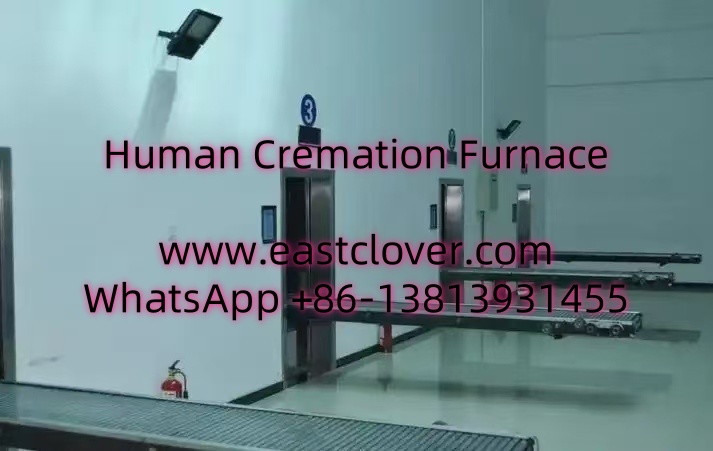Introduction to Urban Emergency Cremation Solutions
In urban environments, mass fatality events—such as pandemics, natural disasters, or industrial accidents—pose significant challenges to public health infrastructure. Traditional mortuary and cremation systems are often ill-equipped to handle sudden surges in fatalities, leading to logistical bottlenecks, environmental hazards, and emotional distress for affected communities. To address these challenges, turnkey cremation furnace solutions and rapid-response cremation systems have emerged as critical tools for efficient, dignified, and scalable management of mass casualties.
What Are Turnkey Cremation Furnace Solutions?
Turnkey solutions are fully integrated systems designed for immediate deployment, requiring minimal setup or operational expertise. These systems combine advanced cremation technology, emission control mechanisms, and modular infrastructure to ensure compliance with environmental regulations while prioritizing speed and efficiency. Key features include:
- Modular Design: Prefabricated components that can be rapidly assembled on-site.
- Mobility: Containerized units transportable by road, rail, or air.
- Automation: Computerized controls for temperature, combustion, and emissions monitoring.
- Scalability: Configurations to handle varying capacities, from dozens to thousands of remains.
Applications in Urban Emergencies
1. Pandemics
During outbreaks like COVID-19, cremation became a necessity to prevent disease spread. Turnkey systems enabled cities to process remains safely without overwhelming existing facilities.
2. Natural Disasters
Earthquakes, floods, or hurricanes often result in mass casualties. Mobile cremation units can be deployed to disaster zones to manage remains when burial is impractical.
3. Industrial or Transportation Accidents
Chemical spills or large-scale accidents may require immediate cremation to mitigate biohazard risks.
Benefits of Rapid-Response Cremation Systems
- Speed: Reduce processing time from days to hours.
- Dignity: Ensure respectful handling of remains, even under crisis conditions.
- Environmental Safety: Advanced filters and scrubbers minimize particulate and toxic emissions.
- Cost-Effectiveness: Lower long-term costs compared to temporary morgues or ad-hoc solutions.
www.southclover.com
Urban emergencies demand solutions that balance urgency with compassion. Turnkey cremation systems provide governments and disaster response teams with the tools to manage mass fatalities efficiently while upholding public health and cultural sensitivities. Investing in these technologies is not just a logistical imperative but a moral obligation to safeguard communities in their most vulnerable moments.
FAQs
How quickly can a turnkey cremation system be deployed?
Most systems can be operational within 24–48 hours of arrival, depending on site preparation.
Do these systems comply with environmental regulations?
Yes. Modern systems include emission control technologies to meet global standards for air quality and pollution.
Can they handle different cultural or religious practices?
Providers often work with local communities to customize processes, such as separate chambers for religious requirements.
What happens to the ashes?
Ashes are collected in sealed containers and returned to families or authorities for further arrangements.
Are these systems cost-prohibitive for smaller cities?
Modular designs allow scalability, and leasing options are often available to reduce upfront costs.

Comments are closed